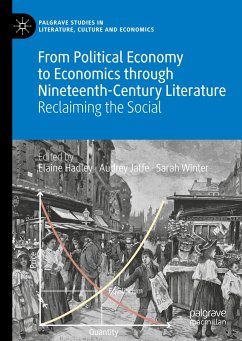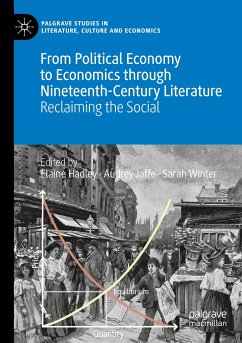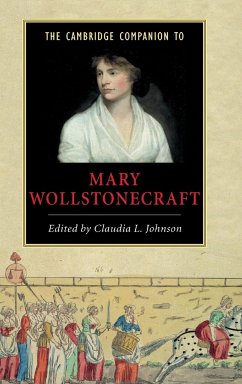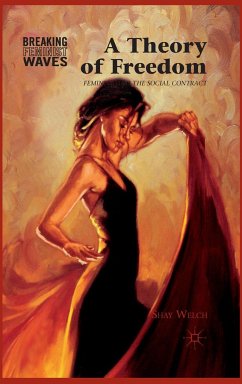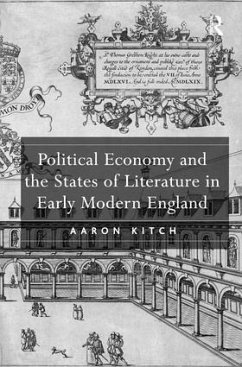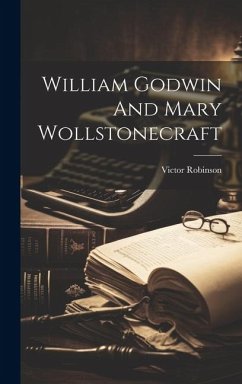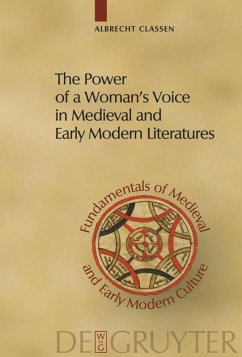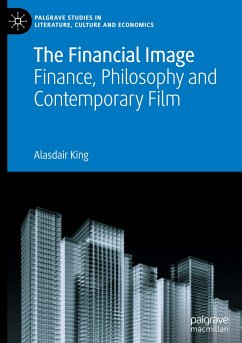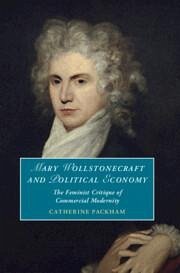
Mary Wollstonecraft and Political Economy
Versandkostenfrei!
Versandfertig in über 4 Wochen
97,99 €
inkl. MwSt.
Weitere Ausgaben:

PAYBACK Punkte
49 °P sammeln!
"A compelling new account of Wollstonecraft as critic of commercial modernity. Through her major works, Wollstonecraft emerges as both political and economic radical, anticipating later Romantics. This title is part of the Flip it Open Programme and may also be available Open Access. Check our website Cambridge Core for details"--





